Artificial intelligence
Naver’s search engine dominance under siege as Google, MS advance
With global Big Tech firms launching AI chatbot-equipped search engine services, Naver is following suit
By May 23, 2023 (Gmt+09:00)
3
Min read
Most Read
LG Chem to sell water filter business to Glenwood PE for $692 million


KT&G eyes overseas M&A after rejecting activist fund's offer


Kyobo Life poised to buy Japan’s SBI Group-owned savings bank


StockX in merger talks with Naver’s online reseller Kream


Meritz backs half of ex-manager’s $210 mn hedge fund


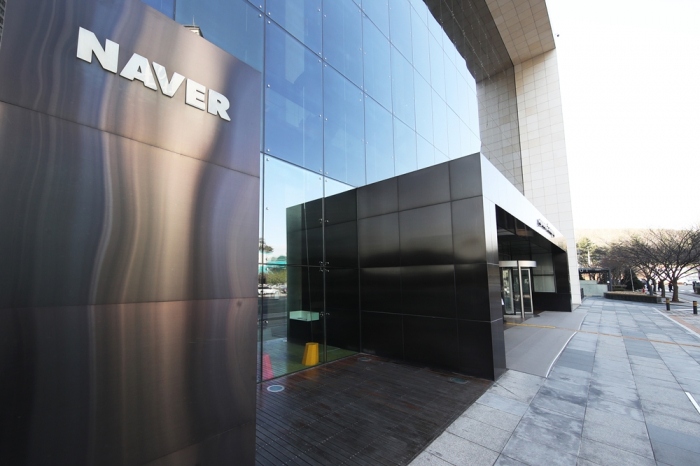
South Korea’s online portal Naver Corp., the undisputed search engine leader in the domestic market for decades, is under siege as global Big Tech firms such as Google and Microsoft, armed with artificial intelligence technology, quickly advance in Korea.
According to Internet Trend, a Seoul-based web and data analysis firm, Naver ranked top in Korea’s search engine market with a 55.2% share – one of its lowest levels seen in the past few years – at the end of March, down from 64.8% at the end of 2022.
Google came in second with a 35.3% market share, up from 26.8% three months earlier.
The market share gap between the top player and the runner-up narrowed to 19.9 percentage points from 38 percentage points.
Microsoft’s Bing saw its Korean search engine market share double to 3% over the same period. For March alone, the number of Bing’s daily active users on mobile apps increased sevenfold to 5,274, according to Internet Trend.
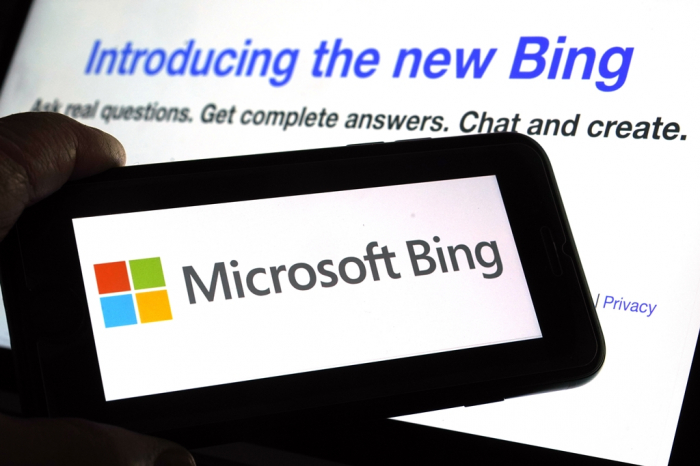
"Google and Microsoft, as well as AI chatbots from various tech companies, are competing for the top spot in the Korean and global search engine markets. We take it seriously,” said a Naver official. “With the emergence of ChatGPT, Google also feels threatened.”
GOOGLE BARD VS MICROSOFT BING
Google is the unrivaled leader in the search engine industry, making up 93.2% of the global market as of March, followed by Microsoft’s Bing with a mere 2.9%, according to research firm StatCounter.
In the mobile search engine sector, Google accounted for 96.6%, while Bing made up only 0.5%.
As tech companies are increasingly launching conversational search engine services, Google also introduced its own chatbot, Bard, in February.
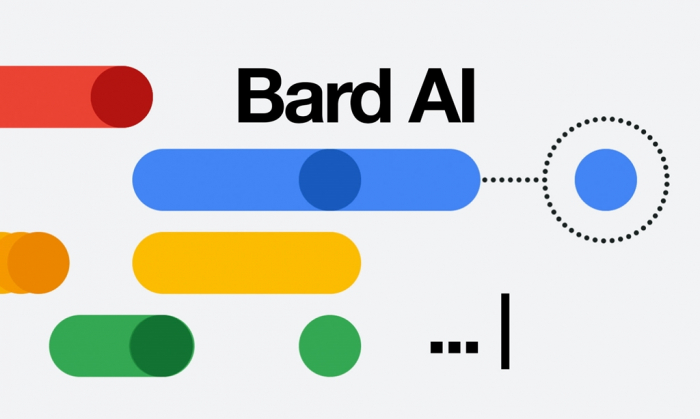
Google was taken aback, however, when in March it learned that Samsung Electronics Co., the world’s largest smartphone manufacturer, was considering replacing Google with Microsoft’s Bing as the default search engine on its Galaxy mobile phones. Samsung hopes to take advantage of an enhanced Bing service equipped with the artificial intelligence chatbot ChatGPT, industry watchers said.
Samsung has been using Google as its default engine since 2010 when the company launched its first Android smartphone.
Google has yet to apply Bard to its search engine while developing a new search engine with AI technology, under the project name Magi, according to media reports.
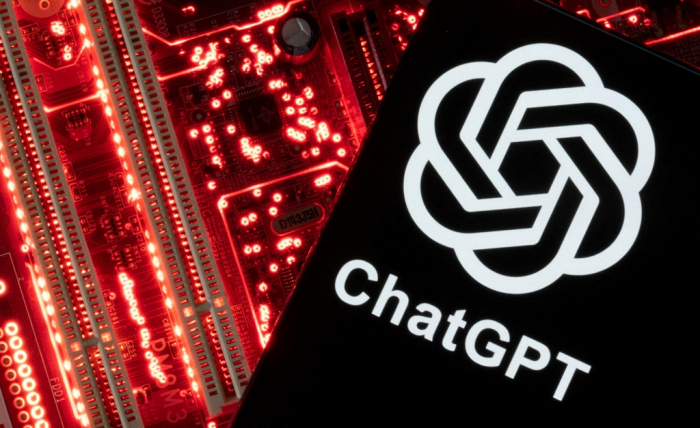
NAVER, KAKAO MOVE TO COUNTERATTACK
Given the changing search behaviors of the young generation, influenced by the rise of platforms such as Instagram, YouTube and TikTok, Naver is also working on a conversational search engine powered by generative AI technology.
According to Korean data research firm Open Survey, 85.4% of teenagers cited YouTube as the platform on which they searched the most over the past week.
Naver said in February it will unveil a beta version of its AI-powered search engine, SearchGPT, by the end of June. Naver recently pushed back SearchGPT’s launch to the second half.
Industry sources said last week that Naver also joined hands with Samsung to develop a generative AI platform for corporate users to compete with the likes of ChatGPT.
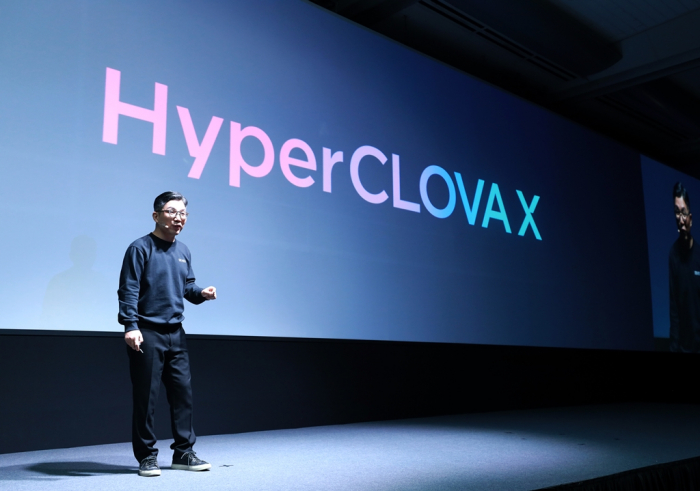
In a related move, Naver Cloud, the artificial intelligence unit of Naver Corp., said it will launch a new hyper-scale AI platform, HyperCLOVA X, an upgrade to its earlier version of HyperCLOVA, in July with a view to creating an AI ecosystem tailored to Korean services.
Kakao Corp., Korea’s mobile platform giant, last week spun off its online portal operator Daum as an independent company within Kakao to shake up its business model.
Kakao said it also plans to unveil a generative AI chatbot for corporate users by the end of this year.
Write to Ji-Eun Jeong at jeong@hankyung.com
In-Soo Nam edited this article.
More to Read
-
 Artificial intelligenceSamsung, Naver to jointly develop generative AI to rival ChatGPT
Artificial intelligenceSamsung, Naver to jointly develop generative AI to rival ChatGPTMay 14, 2023 (Gmt+09:00)
4 Min read -
 Artificial intelligenceDoes Google Bard in Korean pose any risk to Naver, Kakao?
Artificial intelligenceDoes Google Bard in Korean pose any risk to Naver, Kakao?May 12, 2023 (Gmt+09:00)
4 Min read -
 Artificial intelligenceSamsung Galaxy may use Bing as default search engine, not Google
Artificial intelligenceSamsung Galaxy may use Bing as default search engine, not GoogleApr 17, 2023 (Gmt+09:00)
2 Min read -
 Artificial intelligenceNaver’s HyperCLOVA X: More Korean-proficient than ChatGPT
Artificial intelligenceNaver’s HyperCLOVA X: More Korean-proficient than ChatGPTFeb 28, 2023 (Gmt+09:00)
1 Min read -
 Artificial intelligenceOnline portal Naver to release AI-powered search chatbot in H1
Artificial intelligenceOnline portal Naver to release AI-powered search chatbot in H1Feb 03, 2023 (Gmt+09:00)
2 Min read
Comment 0
LOG IN


